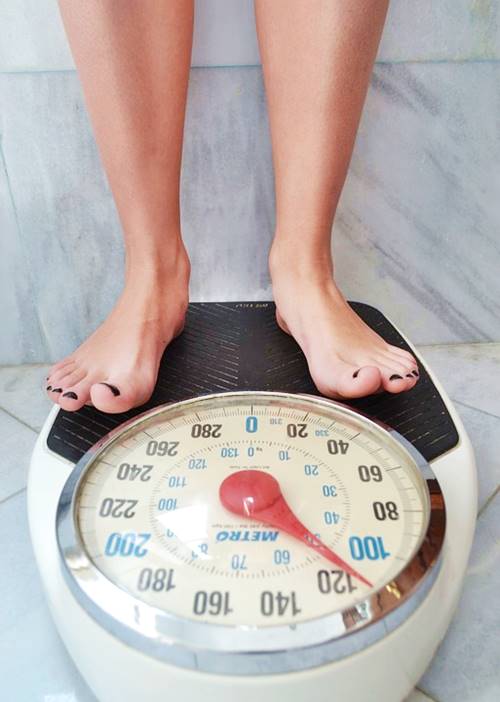Calorie Calculator
How Many Calories Should You Eat to Lose Weight?
Fact Checked
×All the content published in our website is fact checked to validate its accuracy.
Visit our guidelines web page to learn more about our strict processes regarding how we review our content's sources: reliable and reputable journals, media websites, universities, colleges, organizations, and professionals.
Our articles are based on scientific evidence, and the references are included in its footnotes, which are clickable links to sound scientific papers.
First published: 11.Oct.2018
How Many Calories Should You Eat Per Day to Lose Weight?
The great question many of our readers ask, is How do I calculate how many calories to eat to lose weight?. This page will answer that question.
To lose weight you have to know how many calories your body requires and then define a calorie deficit to reduce your caloric intake and start to lose weight. All weight loss programs should also include physical activity.
This online calorie calculator tool is easy to use and will give you your calorie goal to lose weight based on your age, height, sex, and level of physical activity.
References and Further Reading
(1) K.M. Corby et al., (2016). Effect of Calorie Restriction on Mood, Quality of Life, Sleep, and Sexual Function in Healthy Nonobese Adults The CALERIE 2 Randomized Clinical Trial. JAMA Intern Med. 2016 Jun 1; 176(6): 743-752. DOI: 10.1001/jamainternmed.2016.1189
(2) Jaime K, Mank V., (2024). Risks Associated With Excessive Weight Loss. [Updated 2024 Feb 29]. In: StatPearls [Internet]. Treasure Island (FL): StatPearls Publishing; 2024 Jan
(3) Kim JY., (2021). Optimal Diet Strategies for Weight Loss and Weight Loss Maintenance. J Obes Metab Syndr. 2021 Mar 30;30(1):20-31. doi: 10.7570/jomes20065. PMID: 33107442
About this Article
Diet Calorie Calculator, A. Whittall
©2018
Fit-and-Well.com, 11 Oct. 2018.
Revised 24 Oct. 2024.
Update scheduled for 24 Oct. 2027.
https://www.fit-and-well.com/resources/diet-calorie-calculator.html
Tags: weight loss, calories, fitness, BMI - Body Mass Index, BMR - Rest Metabolism, exercise, abdominal fat



